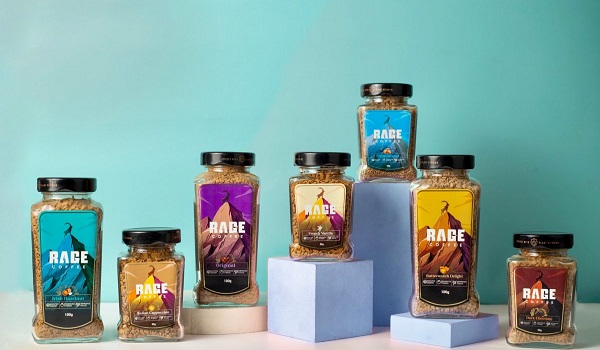Rage Coffee is gearing up for some big moves to make its coffee more accessible to people around the world. Right now, about 30% of their business comes from online marketplaces, 20% from direct sales to consumers, and the remaining 50% from both regular stores and modern trade outlets.
The plan is to go global by expanding into more countries, including the UK, GCC, Nepal, Bhutan, and Sri Lanka. They’re teaming up with different partners in each place. For example, in the UK, they’re sticking to online sales, while in Sri Lanka, they’ve joined forces with physical stores that also sell online. In Dubai, they’re focusing on distribution, and in Nepal and Bhutan, where online markets are smaller, they’re aiming to make a mark in physical stores.
To make sure people know about their coffee in these new markets, they’re investing a good amount, around Rs. 2.5-3 crores, in marketing.
Looking ahead, Rage Coffee has its eyes set on even more countries, including places like Africa, Saudi Arabia, Europe, and North America. They’re expecting about 10% of their total revenue to come from international sales by the end of the current fiscal year.
Despite this expansion, they’re confident they can meet the growing demand without building new factories. Their existing facility in Manesar is only half full, and with a few tweaks, they could ramp up production without needing more investments.
In local stores, they’ve partnered with big names like Metro Cash and Carry, Walmart, More, DMart, and Reliance, and they’re planning to expand their reach even further. Currently, there are 1,500 modern trade outlets and aim to add another 1,000 by the end of the fiscal year.
To reach even more people, they’re working with 200 distributors and have their coffee in 20,000 regular stores. They’re especially excited about their small packs priced at Rs. 2 and Rs. 5, which make up 30% of their sales by volume. Even though they don’t bring in as much money individually, these small packs are expected to become a big player in their overall business within the next 18 months.


